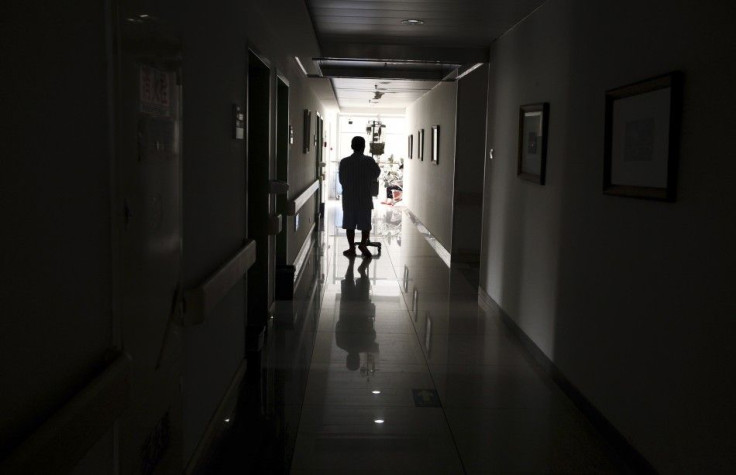WHO Offers Cheaper Ways to Target UN's $47T Global Disease Task

The United Nations will hold a high-level two-day summit beginning Monday to discuss its intentions of tackling the global epidemic, which could reach $47 trillion in the next two decades, if no medical solution is found.
More and more people around the world are diagnosed with infectious diseases, such as heart and lung disease, cancer and diabetes each year, yet there may be cheaper solutions to prevent and treat millions of these cases, according to the World Health Organization (WHO).
In the second-ever meeting, U.N. officials will discuss the possible threat to global health and ways to tackle the predicted wave of cancer, diabetes, heart and lung disease epidemics.
Among WHO's list of recommendations for tackling the expenseive goal were higher taxes on tobacco and alcohol, legislating for smoke-free indoor workplaces and public places and increasing public awareness programs about improving diets and increasing physical activity.
However, not everyone on board with the global initiative is convinced that the suggested measures to curb the global epidemic will, in fact, work.
Ann Keeling, chairwoman of the Non-Communicable Diseases Alliance (NCD), who saw the latest draft of the U.N.'s statement, told reporters it was significantly weaker than expected and a great disappointment.
Although, the WHO said Sunday that there are many cheap steps governments could take to stem a tide of expensive-to-treat, life-threatening diseases which could bankrupt health systems as result of the expensive task for the federal officials.
Infectious diseases, such as heart disease, cancer, diabetes, and respiratory diseases, account for more than 63 percent of all deaths worldwide, killing 36 million people a year.
Over the next two decades, health experts predict that the disease epidemics will accelerate by 2030, where the number of deaths from NCDs could reach 52 million a year, according to WHO.
Other steps the global health group suggested included screening, counseling and drugs for people at risk of heart disease, cervical cancer screening and hepatitis B immunization to prevent liver cancer.
Nearly 80 percent of these deaths (from NCDs) occur in low and middle income countries, said Ala Alwan, the WHO's director for NCDs and mental health.
Alwan said, The challenge to these countries is tremendous, but this study proves that there are affordable steps all governments can take to address non-communicable diseases.
Cancer and other lifestyle-related diseases are one of the biggest challenges we face today and the U.N. Summit is a real turning point, said Martin Wiseman, a professor and medical advisor for London, UK-based World Cancer Research Fund International, in a statement.
© Copyright IBTimes 2025. All rights reserved.





















